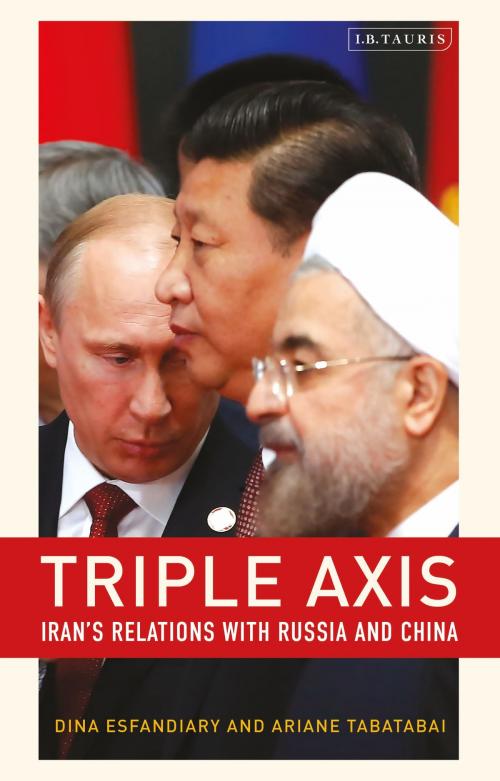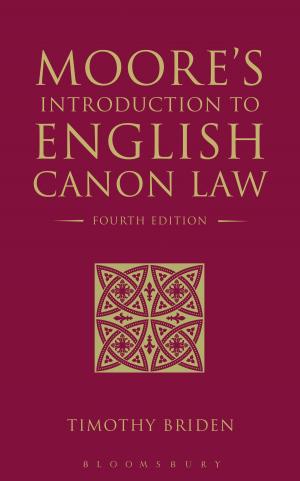Triple-Axis
Iran's Relations with Russia and China
Nonfiction, Social & Cultural Studies, Political Science, International, International Relations| Author: | Ariane Tabatabai, Dina Esfandiary | ISBN: | 9781838609771 |
| Publisher: | Bloomsbury Publishing | Publication: | July 30, 2018 |
| Imprint: | I.B. Tauris | Language: | English |
| Author: | Ariane Tabatabai, Dina Esfandiary |
| ISBN: | 9781838609771 |
| Publisher: | Bloomsbury Publishing |
| Publication: | July 30, 2018 |
| Imprint: | I.B. Tauris |
| Language: | English |
The most significant challenge to the post-Cold War international order is the growing power of ambitious states opposed to the West. Iran, Russia and China each view the global structure through the prism of historical experience. Rejecting the universality of Western liberal values, these states and their governments each consider the relative decline of Western economic hegemony as an opportunity. Yet cooperation between them remains fragmentary. The end of Western sanctions and the Iranian nuclear deal; the Syrian conflict; new institutions in Central and East Asia: in all these areas and beyond, the potential for unity or divergence is striking. In this new and comprehensive study, Ariane Tabatabai and Dina Esfandiary address the substance of this `triple axis' in the realms of energy, trade, and military security. In particular they scrutinise Iran-Russia and the often overlooked field of Iran-China relations. Their argument - that interactions between the three will shape the world stage for decades to come - will be of interest to anyone looking to understand the contemporary international security puzzle.
The most significant challenge to the post-Cold War international order is the growing power of ambitious states opposed to the West. Iran, Russia and China each view the global structure through the prism of historical experience. Rejecting the universality of Western liberal values, these states and their governments each consider the relative decline of Western economic hegemony as an opportunity. Yet cooperation between them remains fragmentary. The end of Western sanctions and the Iranian nuclear deal; the Syrian conflict; new institutions in Central and East Asia: in all these areas and beyond, the potential for unity or divergence is striking. In this new and comprehensive study, Ariane Tabatabai and Dina Esfandiary address the substance of this `triple axis' in the realms of energy, trade, and military security. In particular they scrutinise Iran-Russia and the often overlooked field of Iran-China relations. Their argument - that interactions between the three will shape the world stage for decades to come - will be of interest to anyone looking to understand the contemporary international security puzzle.















